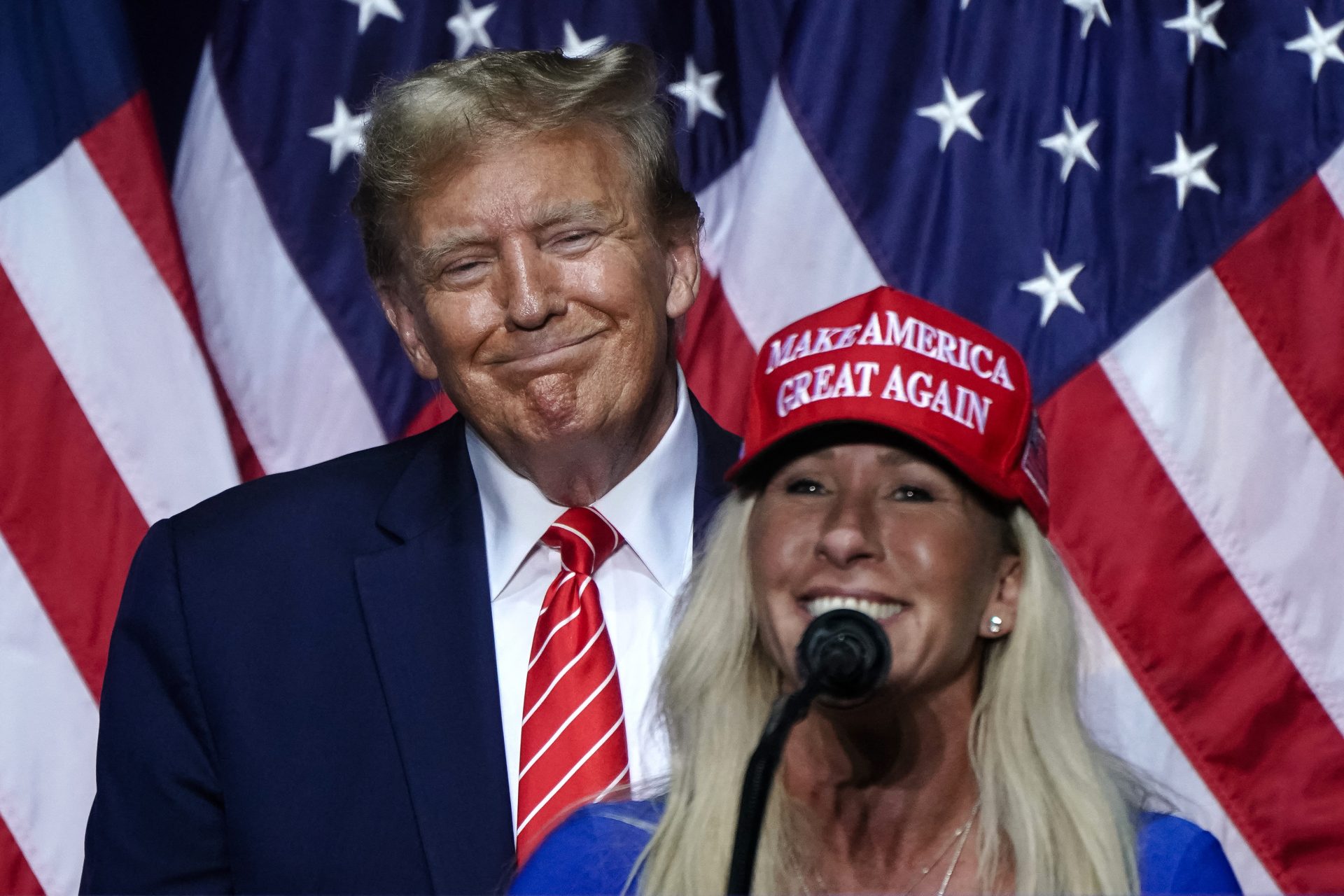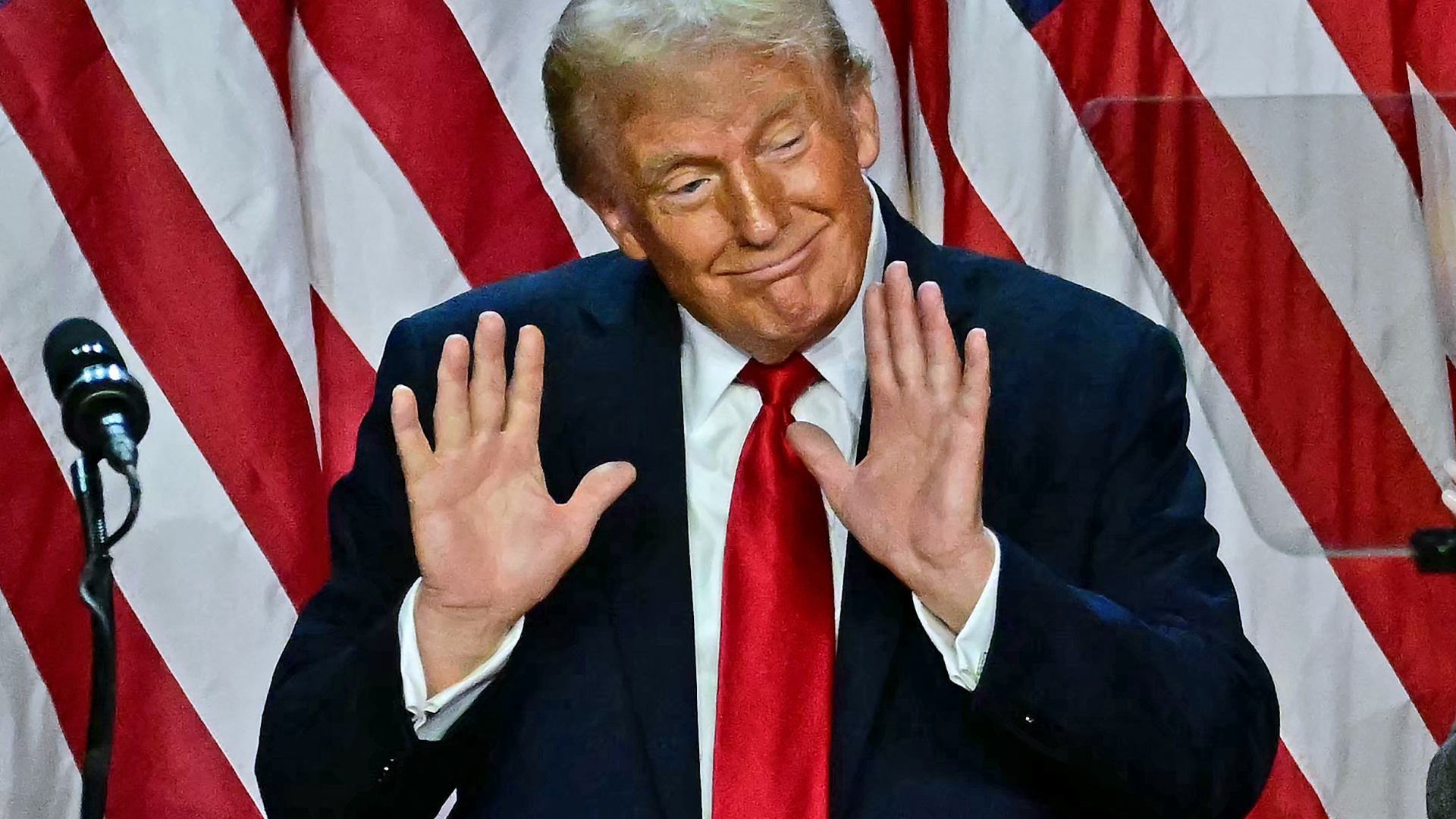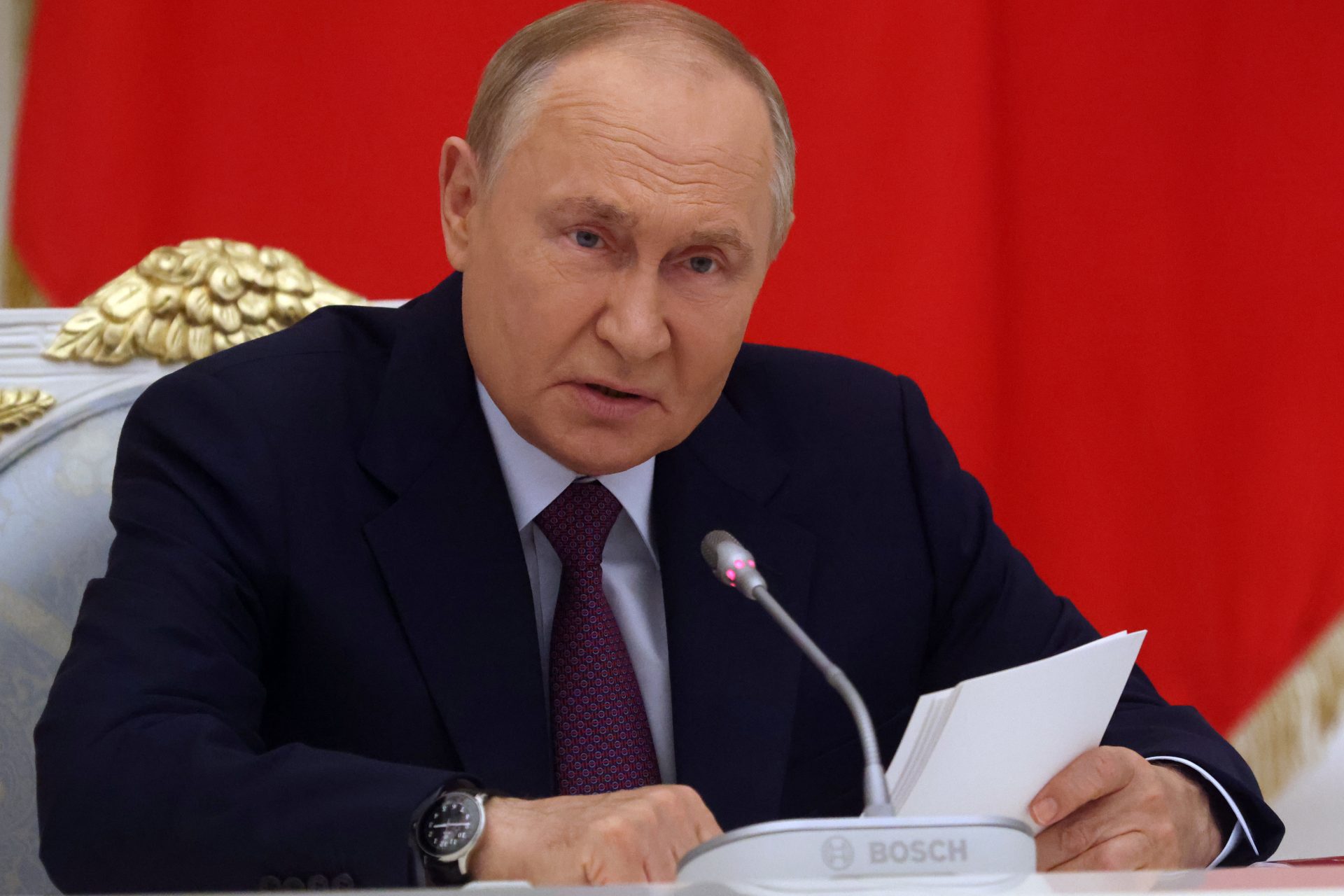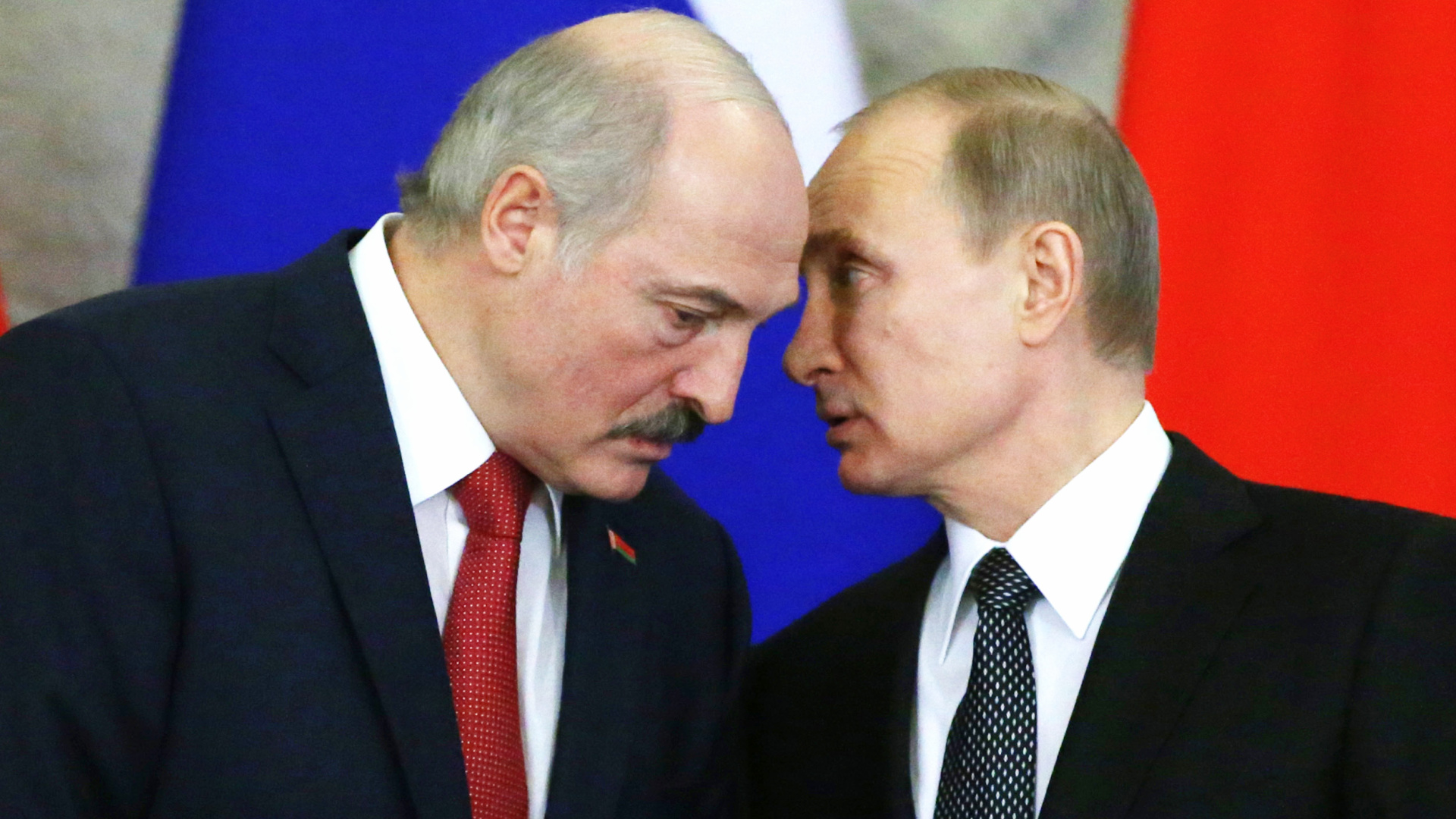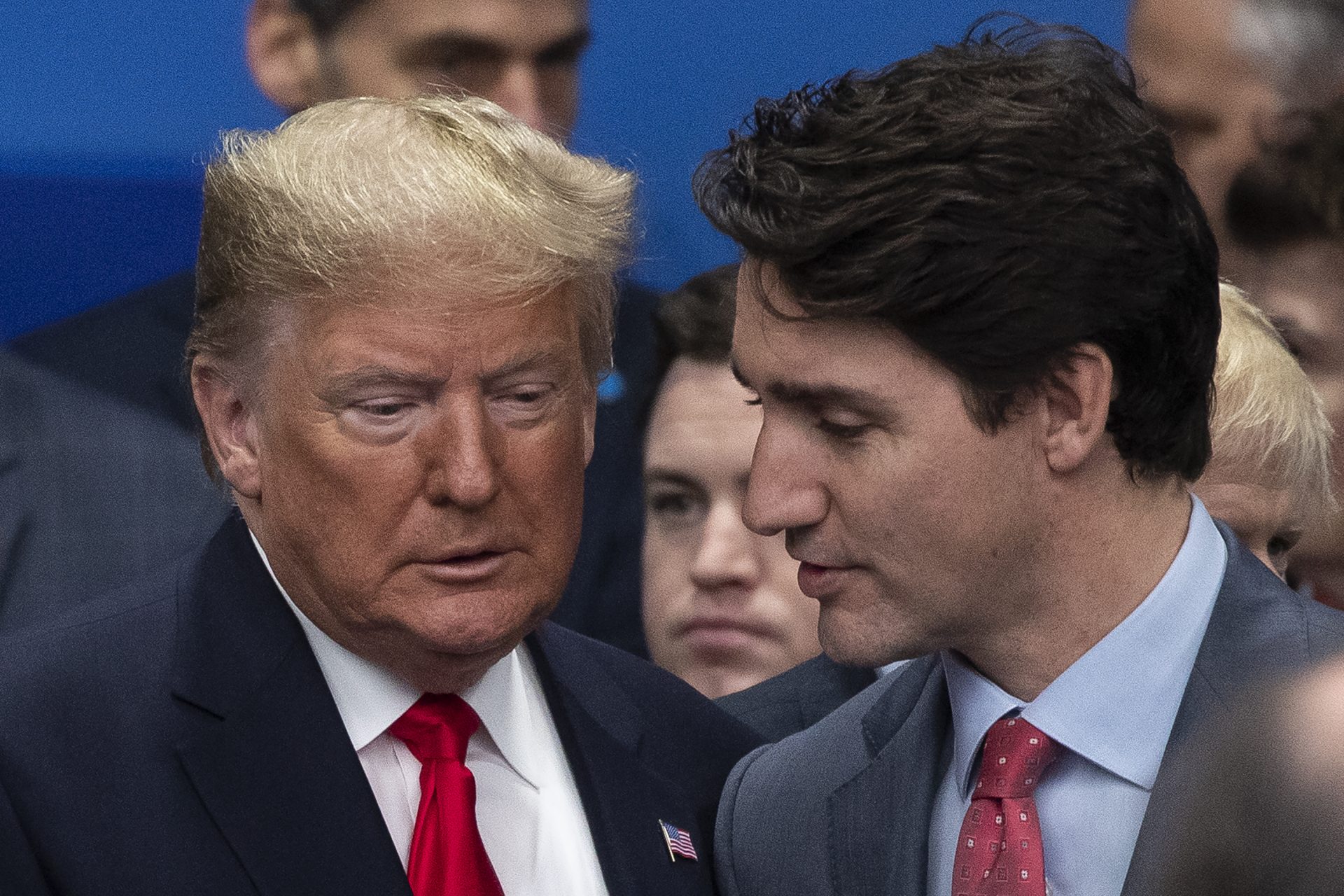Biden's student loan forgiveness plan is officially blocked, here's what we know
A U.S. federal judge in Texas blocked President Joe Biden's student loan forgiveness plan on Thursday, November 10th, on the grounds that the Biden administration didn't have the authority to act in such a far-reaching way.
This fresh court injection comes on the heels of a previous block from the 8th Circuit Court of Appeals, which has put the program on hold since October 23rd.
Back in August, Joe Biden’s administration shocked much of the nation when it announced plans to forgive up to $10,000 worth of student loan debt for borrowers who were making under $125,000 a year.
Since entering office in 2022, Biden had promised progressives that he would do something about the rising cost of college tuition fees but had resisted calls to cancel federal student loan debt.
On August 24th, the Biden administration reversed course on its unwillingness to discharge American student loan debt and announced a sweeping new plan to help indebted borrowers who were suffering from the burden of student loan-related debt obligations.
In addition to the $10,000 forgiveness, Biden also revealed that he would extend the pause on loan payments through to the end of 2022 and stated that an additional $10,000 would be forgiven for those who were Pell Grant eligible.
Biden’s major student loan relief efforts also cleaned the slates of almost 7 million borrowers who had defaulted on their student loans, easing fears over the consequences they faced for not paying back their loans.
The Department of Education also revised existing loan forgiveness programs and estimated that roughly $38 billion in loans for roughly 1.75 million borrowers had been forgiven since the start of the Biden administration.
Biden’s major announcement came after years of payment delays that were aimed to help indebted borrowers during the Covid-19 pandemic. A policy first started under the Trump administration, payment delays were set to finally end in August. But the dual crisis of rising interest rates and the restart of student loan repayments threatened to destabilize an already unmanageable problem.
According to the Department of Education website, the typical undergraduate student in the United States can be expected to graduate from a four-year program with nearly $25,000 in debt.
More statistics from the Department of Education reveal just how dire the situation has become. The current total debt from all federal loan programs has reached a staggering $1.6 trillion borrowed by just 45 million Americans.
High monthly payments on student debt has affected American society in unforeseen ways. Middle-class borrowers are struggling to make payments as the current inflationary crisis balloons daily expenses, making it harder for graduates to build wealth.
“I’ve never missed a student loan payment,” Katelyn Umholtz told VOA News, “but the payments are high and so are rent, health insurance and other life costs. I’ve taken on medical debt, and I’ve taken on credit card debt. I’m hoping student loan forgiveness can give me space to pay these things off, and then — maybe one day — to think about having a family or buying a home. I haven’t been able to save for any of that yet.”
It is also estimated by the Biden administration that nearly one-third of those who hold student loan-related debt have not even obtained a degree. Making loan repayment that much more difficult.
In a recent Federal Student Aid report, it was found that the number of direct loan borrowers that were in default had reached 16%, a figure that disproportionately affected black and senior borrowers.
With the crisis reaching its breaking point, the Biden administration’s policy changes seemed to be a move in the right direction. But Biden’s Republican opponents have been making their own moves to prevent the student loan forgiveness program from moving forward.
The first major lawsuit against Biden’s student debt forgiveness program was filed by the Pacific Legal Foundation in September on behalf of plaintiff Frank Garrison.
“Nothing about loan cancellation is lawful or appropriate,” the lawsuit stated, “In an end-run around Congress, the administration threatens to enact a profound and transformational policy that will have untold economic impacts. The administration’s lawless action should be stopped immediately.”
Despite the pushback, the Biden administration continued moving forward with its loan forgiveness plan and the application process went live on October 14th.
The loan program only lasted a few days before six Republicans were able to get the 8th Circuit C of appeals to temporarily block Biden’s student loan forgiveness plan on October 21st.
Nebraska Attorney General Doug Peterson, a Republican who is leading the lawsuit, welcomed the temporary stay, saying "It’s very important that the legal issues involving presidential power be analyzed by the court before transferring over $400 billion in debt to American taxpayers.”
Despite this major setback, Biden planned to fight on. In an interview with Nexstar’s Washington correspondent, Reshad Hudson, Biden remarked that “We’re going to win that case. I think in the next two weeks you’re going to see those checks going out.”
Unfortunately, the Biden administration was unable to get the temporary lifted and the new suit, filed by the Job Creators Network Forum, has proved to be a successful obstacle to the program
U.S. District Judge Mark Pittman, previously appointed under the Trump Administration, ruled that Biden's student loan program was "unlawful," citing a misinterpretation of the Higher Education Relief Opportunities For Students Act which the Biden administration used to justify their student loan forgiveness program.
"We strongly disagree," White House press secretary Karine Jean-Pierre said in a statement, "The president and this administration are determined to help working and middle-class Americans get back on their feet, while our opponents – backed by extreme Republican special interests – sued to block millions of Americans from getting much-needed relief."
The Biden administration has already filed an appeal against the ruling by Judge Pittman. But the ultimate fate of the student loan program is still unknown. Biden has yet to receive a ruling in the separate temporary order that halted Biden's loan forgiveness late last month and more challenges to the program are expected to arise over the coming weeks.
More for you
Top Stories





























